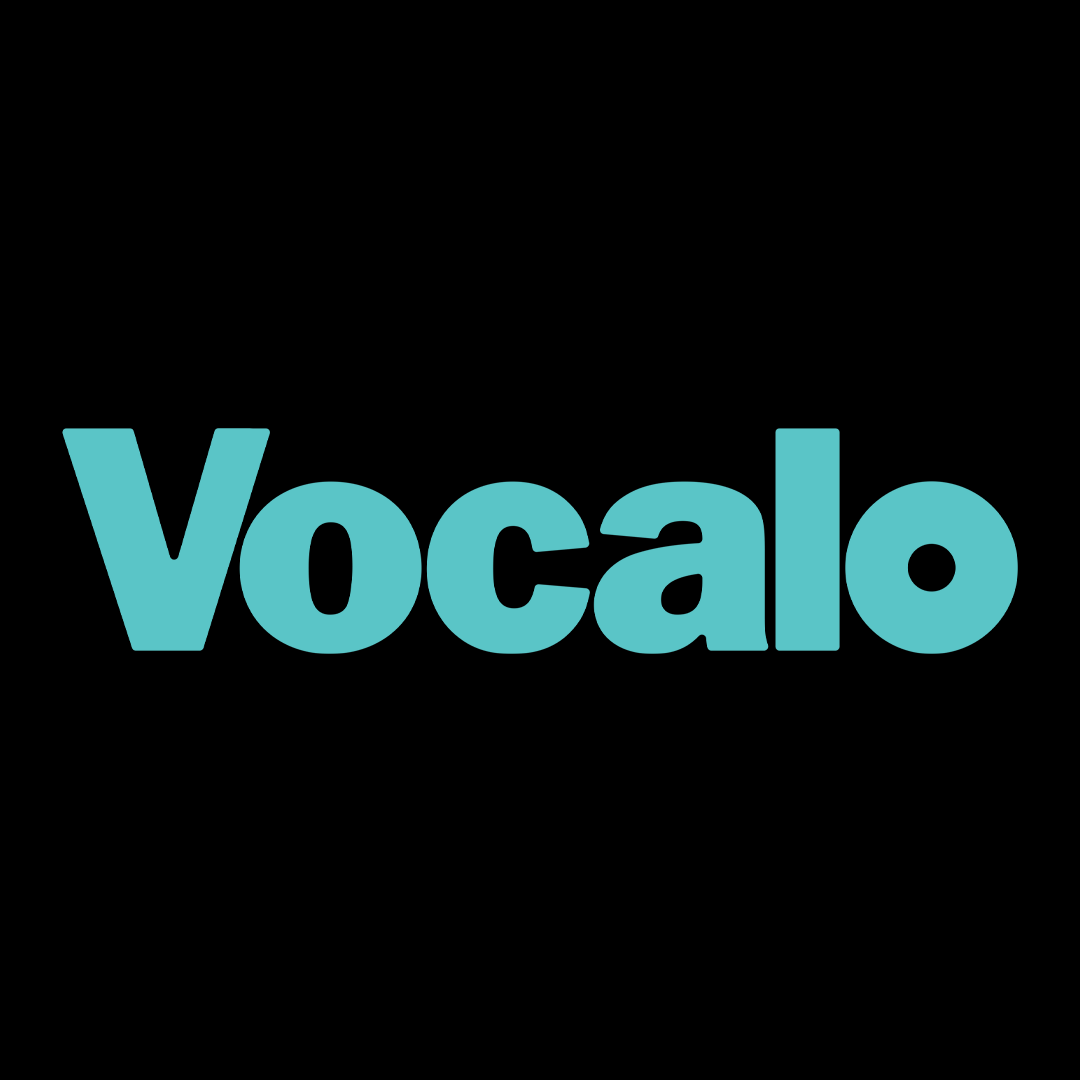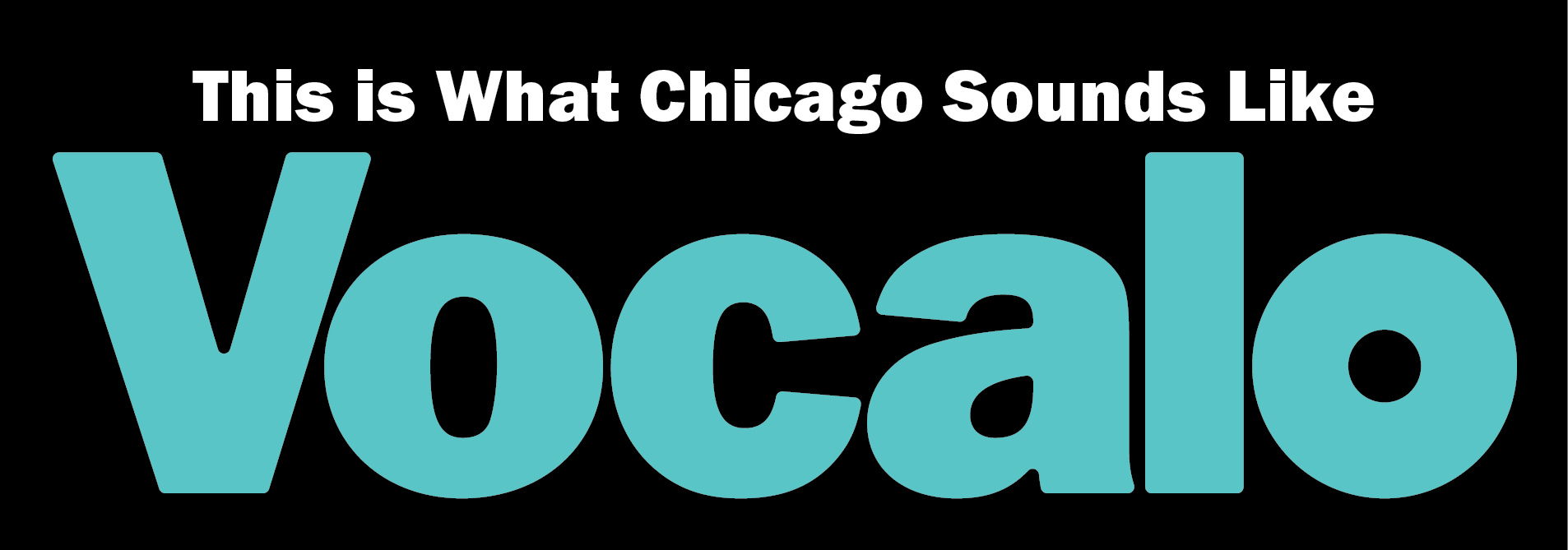Chicago DJ/Producer Ariel Zetina Makes Music For People to Dance To
Written by Vocalo Radio on April 2, 2021
…it affects me so much, I think that I would have never been where I’m at right now if it wasn’t for Chicago. I so appreciate being able to play here and being able to give back to a city that has given me a lot musically.
DJ Ariel Zetina
Chicago is a city known for its creative community of artists, activists and influencers. In our ongoing series, “This Is What Chicago Sounds Like,” we feature the voices and people who contribute to our city’s rich cultural diversity.
In this installment (originally dropped in June of 2019) we hear from Ariel Zetina, a Chicago based artist, focusing in music production and deejaying.
Though her music can be considered techno, she takes inspiration from Chicago house, Belizean genres punta and brukdown, and the queer club scene worldwide. These influences can be heard on tracks released by Club Chai, Knightwerk, Majía, Materia, & Sweat Equity; and on mixes for Rinse FM, Discwoman, Astral Plane, Red Bull Radio, and NTS.
Her ruthless, cross genre DJ mixes have been heard worldwide. In Chicago (before the Covid-19 pandemic) she was a resident at the legendary house club Smartbar, where she ran Diamond Formation, one of her many club nights across the city (Rosebud, Ariel’s Party, Rumors). She also is a playwright and poet whose work has been produced in Chicago, New York, and LA.
We shot Ariel Zetina moments after she stepped off the stage from a live set at the Empty Bottle. Ariel talked with Jill Hopkins about curating spaces sustainable success, and Chicago Acid House.
One year into the Covid-19 pandemic, as we mourn the loss of social spaces and collective spaces for joy, we thought this conversation was more poignant than ever.

Where in Chicago do you live now?
Technically Logan Square, but it’s right on the border of Pulaski, so it’s almost Hermosa as well. It seems a sort of mixture of both of those neighborhoods, I live on a very neighborhood Street. It’s really quiet, which I really like I used to be really into the idea of living on the busiest street in Chicago, but I really like being there.
How does your identity as a trans person of color affect your work?
I think a lot of trans people or queer people, no matter what they’re doing, there’s something very, very creative. Creating new narratives, creating new intersections of how things interact with each other. I think that’s very common. I feel like for me, being a creator was always such a natural thing. I’ve always come from the school that like, even if I don’t want my identity to be part of what work I do, when I’m presenting it to other people, I don’t have an option, because of the intersections of my identity to be divorcing myself from that. So I don’t know, I think I’ve really tried to embrace it. I mean,
I think that, at the end of the day, what I’m doing is making music for people to dance at parties. And I always think it’s better when you know, when it’s a diverse room. And when it’s also a room where it feels like trans women can have a live space, and also not necessarily be dealing with the day to day sort of stuff that comes. And I think that because I’m a trans person of color as well, I am happy that the spaces reflect that as well. That they reflect this idea that, you know, we’re all coming from everywhere, and we’re all able to be in this space.
What do you love about Chicago?
When I was going out to clubs at first, I was always very wary of disco and house that’s very happy and like, you know, has this kind of joyous thing. I was very into dark music and being like angry and stuff. I think for me going out in Chicago so much really shifted my view on that.
When I was started listening to a lot of Chicago Acid House, it just totally changed my opinion on so much. It showed me how much more music is out there and how the dance music that I was more accustomed is influenced by this, where house music was born. I think that house in general has this very notion of being sort of chill and soft for like roof tops. But I think the percussion is what’s so big about Chicago house for me. So much music now has that same thread, this is where it came from. And it affects me so much, I think that I would have never been where I’m at right now if it wasn’t for Chicago. I so appreciate being able to play here and being able to give back to a city that has given me a lot musically.
How does the work you do give back to Chicago and LGBTQIA folks here in the city?
I really turned to music at a time when I was just beginning to transition. And I felt like text and words were too… I didn’t want to go there a lot in my own practice. So I ended up really turning to music, in order to illustrate these feelings that we can’t express in words. I feel like that sort of unnamable quality of melody and that unnamable quality of rhythm, the ability to lose yourself in something and also to, to sort of almost write your narrative on to music… and really have that as both a personal experience and in the club.
This experience that oscillates between being this collective experience with anyone or being a really private thing in the club, that for me is really how I feel like I can give most back to Chicago and to the LGBT community. I didn’t actually think about this when I first started DJing but I’m a community organizer from it. I always try to really take that on. Being an organizer of spaces… people are gathering either to hear me or to hear people I’m curating in this space. I think for me, I feel like why I really do this for that sort of poetic feeling of, this visibility of being able to express things you wouldn’t normally be able to express.

At the end of the day, what would you like to have given back to the community?
It’s really important for me to really be using any sort of success I have to also bring up my community. There’s so many producers and DJ is that are either very intrinsically part of my crew and with me, and also just so many other musicians that I meet and interact with every day. I think that for me, I really want to be able to show that legacy that’s been happening right now. I think it’s because we’re all in our 20s this is all the very rawest things and I want to be able to continue that.
Asking how can we all be doing this for for 20 years for 30 years? How can we all continue to be making music and refining ourselves and working hard? And how can I use my own personal ability to work hard to to inspire other artists to work hard. And be like no you can do this! It really means a lot to me that I’m able to have a lot of success but also you can do this. It’s honestly all about hard work and I really hope to, to stay passionate about it. I want everyone to be able to learn to DJ, I think it’s a really good beautiful experience for anyone, everyone does it automatically. Everyone’s picking music no matter how much they’re mixing it with each other. Selecting… that is what it is.

Follow Ariel on Instagram
Shot by Seamus Doheny
Audio produced by Fyodor Sakhnovski
More From Vocalo:
 Vocalo Radio
Vocalo Radio 

















